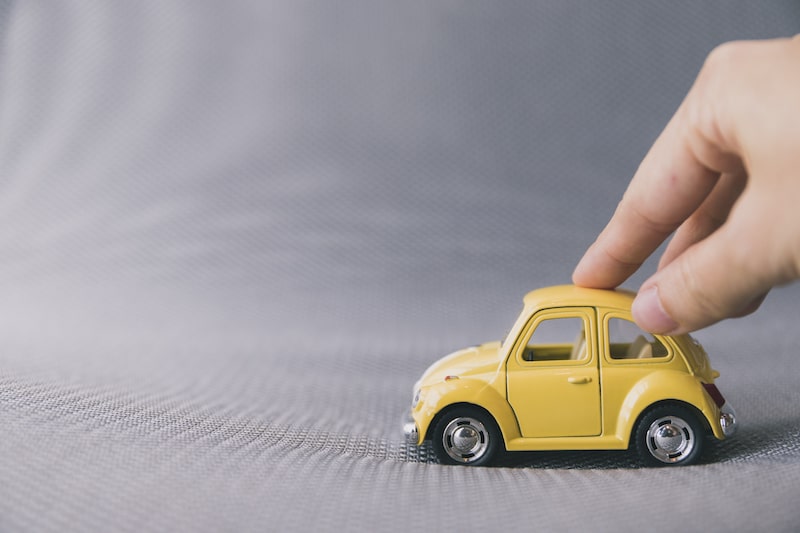It can be difficult to determine how much coverage is right for you and your car. Each situation is different, and you’ll want a policy that matches your circumstances. Different state regulations also place a minimum on the amount of coverage you must have. Do your research and find out the latest rules and regulations you need to tend to when shopping for auto insurance.
Car insurance is designed to benefit you – sure, some scam plans exist and you should be careful to avoid those tricks. In most cases, however, car insurance is beneficial and provides a sense of financial security. The more coverage you have, the more protected you are in the case of an accident. This can be a double-edged sword as you’re never entirely sure when you’ll use your insurance so you might be paying high rates for the coverage you never need.
Benefits Of Having Car Insurance
Don’t let the idea of never using your insurance dissuade you from purchasing coverage! Sure, the chances of needing your insurance to cover you are few and far between, but it can be costly to get into an accident without insurance. Car insurance protects you financially from the cost of repairing your car and possibly the car you were involved in an accident with. Something as small as a busted headlight could cost you up to $2,500.
Auto insurance policies will also help cover court costs for some cases of liability claims. This means that if an accident occurs and a passenger in your car claims you were responsible for their injuries; your insurance will cover you – up to a certain amount – for any legal-related costs. Lawyers, payouts, etc. will all be part of some insurance policies.
There is a sense of security in knowing that you’re protected in the event of an accident. Car insurance works for you and places you at the forefront of their efforts. Knowing that someone has your back and will fight for you in the event of an accident is an added layer of comfort. The stress of paying out of pocket for an accident is removed once you’re covered by an adequate policy.
What Happens If You Don’t Have Car Insurance?
If you’re involved in an accident and you don’t have coverage, some states can take you to court for violating state-wide regulations. If you live in a state where meeting a certain minimum of coverage is mandatory, you are required to have at least that amount covered. In Arizona, for example, there is a $15,000 minimum for bodily injury coverage and a $10,000 property damage minimum.
The base reason for having insurance is to protect yourself financially from an accident and any costs related to one. Not having insurance places you at risk of full financial responsibility for any repairs or replacements deemed necessary after an accident. You’ll also be left on your own to pay out of pocket for any damages caused by an accident if you’re found to be at fault.
Leased Versus Bought
Leased contracts are quite different from the full purchase of a car. If you’re leasing a car, the contract places ownership of the car in the hands of the dealership. If you get into an accident with a leased car, you’re essentially crashing someone else’s car. In this case, you’ll need a specific type of insurance that helps cover you and the dealership when you get into an accident.
When you lease a car, the dealership should walk you through what options you’ll want to pursue with regard to coverage. You might find yourself needing a higher-priced policy at one dealership than you would at another. State regulations also place a minimum and a maximum when it comes to leased insurance policies. Don’t be surprised if you find yourself paying more for lease insurance than you would for a purchased car.
Find Your Balance Of Rates And Risk
The trick of insurance is finding a policy that matches your needs and balances the risk of getting into an accident with the rates you’re paying. As mentioned before, the chances of you getting into an accident are low when compared to the amount of driving you might do. This being said, the chances are still there, and you’ll find that an accident occurs at the least opportune time.
Finding the right balance between insurance rates and risk of an accident can be tricky – you don’t want to overpay for insurance you won’t ever use, but you don’t want to be left without protection when an accident does occur. Finding the right amount of insurance coverage for your car is all based on you. Each situation is different, so take into consideration the regulations of the state, risk of getting into an accident based on yourself and your surroundings, and coverage options offered by your insurance provider.

